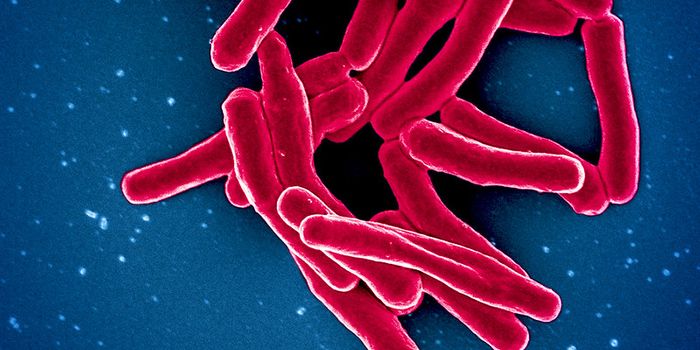A, B, C, and now D. That’s the official name of the influenza strain first identified back in 2011 - influenza D.
Ben Hause was the lucky University of South Dakota graduate student who discovered influenza D in a pig, although cows appear to be its primary host. In fact, this is the only known strain of bovine influenza. Hause’s finding helped secure a nearly $400,000 NIH grant to study the new virus.
Cows and pigs aren’t the only unlucky hosts, antibodies to influenza D have also been found in sheep and goats - chickens, however, are safe. But, I know what you’re thinking. What about us humans? Luckily, the virus is only 50% similar to influenza C, a strain that does cause disease in humans.
The researchers are using guinea pigs to study virus transmission, noting that it spreads only through direct contact. (Ok, it also infects guinea pigs.) There’s currently no evidence that influenza D infects humans, but according to study author Radhey Kaushik, "if the virus can undergo reassortment in combination with a closely related human influenza virus, it may be able to form a new strain that could pose more of a threat to humans”.
Reassortment is the key. This can occur when cells become infected with two different types of the flu virus. When a flu virus enters the host cell, it makes its way to the nucleus where it unloads all of its genetic material. Then, it hijacks the host cell’s enzymes to replicate its genome. The problem is that the flu virus has a segmented genome - its genome is literally segmented into 8 smaller pieces. So, it’s easy for one strain of flu to accidentally package segments from another, closely related strain of flu into its new viral particles.
When this happens, you may end up with a new, more virulent strain of flu that is also able to infect humans. Remember that human H1N1 pandemic in 2009? That virus was the product of the reassortment of swine, avian, and human flu viruses.
Sources: Virology Blog,
Science Daily


















































